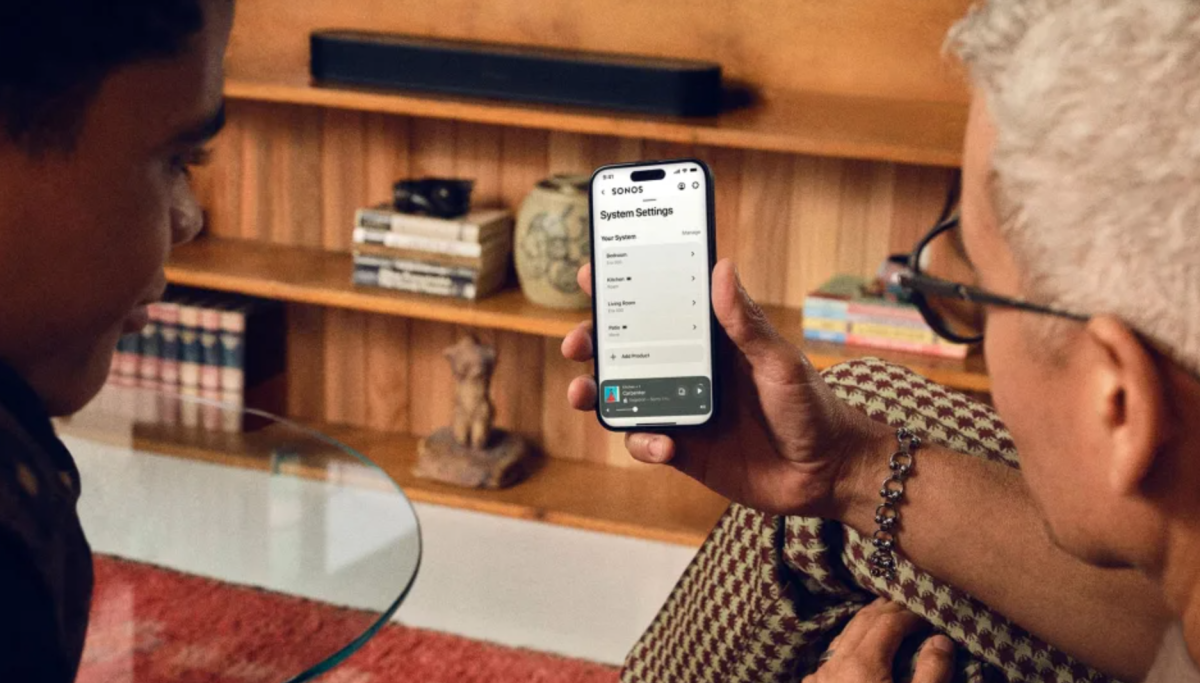Sonos CEO Patrick Spence Resigns Following Failed App Launch

After eight years leading the company, Sonos CEO Patrick Spence has announced his resignation. This decision comes in the wake of last year's problematic app redesign, which faced significant backlash from users due to missing essential features and functionality issues.
Tom Conrad, who currently sits on the Sonos board and has a background with companies such as Pandora and Snap, will take over as interim CEO. Despite this transition, a firm search for a permanent replacement is underway. Interestingly, Conrad is both a former co-founder of Quibi and reportedly has a Sonos tattoo, illustrating his unique and varied career path.
In a letter to staff, Conrad acknowledged the challenges of the past year, stating, “I think we all agree that this year we've let far too many people down.” He emphasized the need to return to basics while also expressing ambitions to expand beyond just home audio products.
Patrick Spence will not be leaving empty-handed. His severance package includes a monthly payment of $7,500 until June and a cash severance of $1.9 million, along with the vesting of his unvested shares. Spence's tenure at Sonos lasted over a decade, marking a significant period of service.
App Chaos and Customer Reaction
The leadership shift at Sonos follows prolonged patient dissatisfaction after the release of a new mobile app in May. The app, plagued with bugs and devoid of essential functionalities like alarms and sleep timers, even led to some users reporting that their entire speaker systems became non-functional.
Sonos sought to regain its customer base by extending warranties and forming an advisory board to gather user feedback before launching new software. However, these efforts weren't sufficient to counter the financial challenges, as its stock plummeted by approximately 13% since the app's launch.
Financial Implications and Future Outlook
In August, Sonos eliminated over 100 positions as it attempted to resolve software issues, ultimately resulting in a 16% drop in revenue for the fourth fiscal quarter, which closed on September 28. Analysts anticipate a further 15% decline leading up to the holiday period.